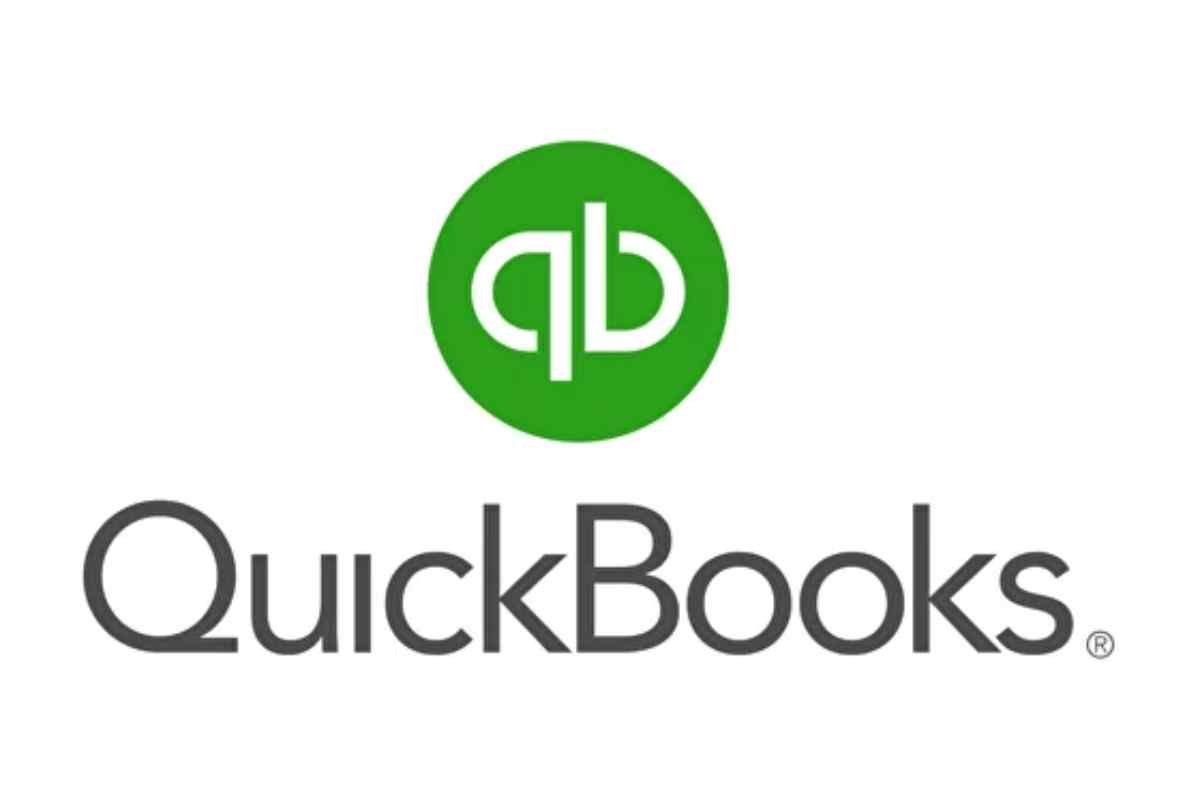In today’s fast-changing business world, knowing how to use entrepreneurship resources in Economics can help turn your great ideas into successful businesses. As the economy becomes more complicated, entrepreneurs need a solid set of tools to help them succeed. This article will look at various entrepreneurship resources in Economics that can be useful for anyone looking to start or grow their business.
What Are Entrepreneurship Resources in Economics?
Entrepreneurship resources in Economics encompass a range of tools, strategies, and support systems designed to aid entrepreneurs in identifying opportunities, mitigating risks, and fostering innovation. These resources include financial aids, educational programs, networking opportunities, and technological tools. By leveraging these resources, entrepreneurs can better understand market dynamics, optimize their business models, and achieve long-term success.
1. Educational Institutions and Programs

University-Based Entrepreneurship Programs
One of the most valuable entrepreneurship resources in Economics is the educational programs offered by universities and business schools. Institutions such as Harvard Business School, Stanford University, and the Wharton School provide specialized programs and courses focused on entrepreneurship and economics. These programs often include hands-on learning experiences, access to industry experts, and networking opportunities, which can be instrumental for aspiring entrepreneurs.
Online Courses and Webinars
In addition to traditional university programs, online courses and webinars are excellent entrepreneurship resources in Economics. Platforms like Coursera, edX, and Udemy offer courses on entrepreneurship, economics, and related fields. These courses can help entrepreneurs gain knowledge in areas such as financial modeling, market analysis, and business strategy, all crucial for building a successful business.
2. Financial Resources
Venture Capital and Angel Investors
For many startups, securing financial resources is crucial for growth. Venture capitalists and angel investors are significant entrepreneurship resources in Economics that provide the necessary capital to scale a business. These investors not only offer funding but also bring valuable industry expertise and connections that can help startups navigate their growth phases effectively.
Government Grants and Subsidies
Government grants and subsidies are another essential entrepreneurship resource in Economics. Various programs at the local, state, and federal levels offer financial support to startups and small businesses. These grants can help entrepreneurs offset initial costs and invest in research and development, marketing, and other critical areas.
3. Technological Tools

Business Intelligence Software
Business intelligence (BI) software is a vital entrepreneurship resource in Economics, providing entrepreneurs with data-driven insights to make informed decisions. Tools such as Tableau, Power BI, and Google Analytics enable entrepreneurs to analyze market trends, customer behavior, and financial performance, helping them make strategic decisions based on real-time data.
Financial Management Tools
Effective financial management is crucial for the success of any business. Financial management tools like QuickBooks, Xero, and FreshBooks are essential entrepreneurship resources in Economics. These tools help entrepreneurs manage their finances, track expenses, and generate financial reports, enabling better budget planning and financial forecasting.
4. Networking Opportunities
Industry Conferences and Seminars
Industry conferences and seminars are valuable entrepreneurship resources in Economics, providing opportunities for entrepreneurs to connect with industry leaders, potential partners, and investors. Events such as the World Economic Forum, TechCrunch Disrupt, and local business expos offer platforms for entrepreneurs to showcase their ideas, learn from experts, and build meaningful connections.
Entrepreneurial Networks and Incubators
Entrepreneurial networks and incubators play a crucial role in supporting startups. Organizations like Y Combinator, Techstars, and local business incubators offer mentorship, resources, and support to early-stage startups. These networks often provide access to a community of experienced entrepreneurs, advisors, and investors who can offer guidance and support.
5. Research and Development Resources
Economic Research Institutions
Economic research institutions such as the National Bureau of Economic Research (NBER) and the Brookings Institution are valuable entrepreneurship resources in Economics. These organizations conduct research on economic trends, market dynamics, and policy impacts, providing entrepreneurs with insights and data that can inform their business strategies and decisions.
Market Research Reports
Access to comprehensive market research reports is another critical entrepreneurship resource in Economics. Reports from firms like Nielsen, Gartner, and Statista offer valuable information on market trends, consumer preferences, and competitive landscapes. This data can help entrepreneurs identify opportunities, understand market demands, and develop strategies to address market needs effectively.
6. Legal and Regulatory Resources

Legal Advisory Services
Navigating the legal landscape is an essential aspect of entrepreneurship. Legal advisory services are valuable entrepreneurship resources in Economics, offering guidance on business formation, intellectual property protection, and regulatory compliance. Consulting with legal experts such as https://lizzybunkerlaw.com/ can help entrepreneurs avoid legal pitfalls and ensure their businesses operate within the legal framework.
Regulatory Bodies and Resources
Understanding and complying with regulations is crucial for business success. Regulatory bodies such as the Securities and Exchange Commission (SEC) and the Small Business Administration (SBA) provide resources and guidelines on various aspects of business operations. These resources help entrepreneurs stay informed about regulatory requirements and ensure compliance with industry standards.
7. Mentorship and Coaching
Experienced Entrepreneurs and Mentors
Mentorship is a powerful resource for entrepreneurs seeking guidance and support. Experienced entrepreneurs and mentors can offer valuable insights, advice, and feedback on various aspects of business development. Organizations like SCORE and the Entrepreneur’s Organization (EO) connect entrepreneurs with experienced mentors who can provide personalized support and help navigate challenges.
Executive Coaching Programs
Executive coaching programs are another valuable entrepreneurship resource in Economics. These programs focus on developing leadership skills, strategic thinking, and business acumen. Coaches work with entrepreneurs to identify their strengths and weaknesses, set goals, and create actionable plans for achieving success.
Conclusion
Entrepreneurship resources in Economics are wide-ranging and include things like educational programs, financial help, tech tools, and networking opportunities. Using these resources, entrepreneurs can get the knowledge and support they need to turn their ideas into successful businesses. Whether it’s through university courses, financial backing, or industry events, making the most of these resources can greatly boost an entrepreneur’s chances of success. By tapping into these resources, entrepreneurs can build a solid foundation for innovation, growth, and long-term success.









